Manuel Artiguez, a famous bandit during the Spanish civil war, has lived in French exile for 20 years. When his mother is dying he considers visiting her secretly in his […]
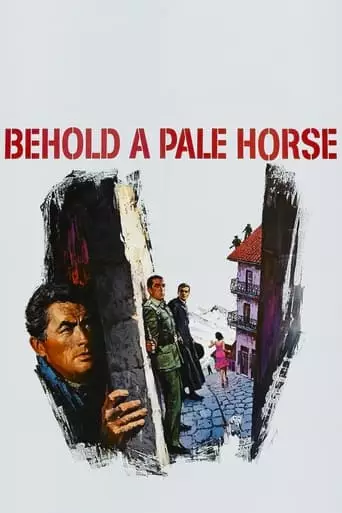
Manuel Artiguez, a famous bandit during the Spanish civil war, has lived in French exile for 20 years. When his mother is dying he considers visiting her secretly in his […]
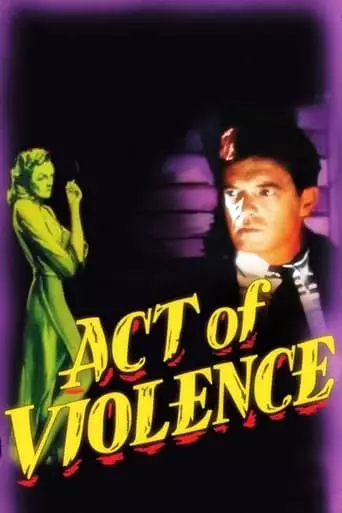
A former prisoner of war, Frank Enley is hailed as a hero in his California town. However, Frank has a shameful secret that comes back to haunt him when fellow […]
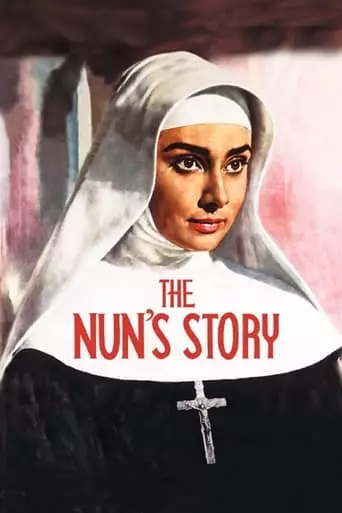
After leaving a wealthy Belgian family to become a nun, Sister Luke struggles with her devotion to her vows during crisis, disappointment, and World War II.
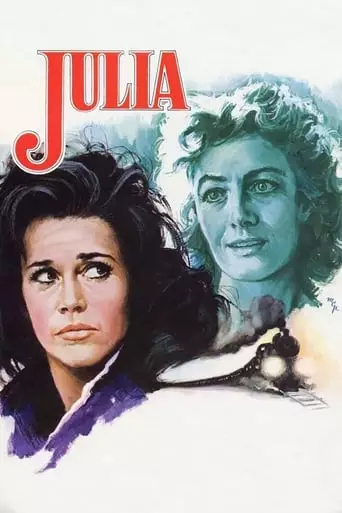
At the behest of an old and dear friend, playwright Lillian Hellman undertakes a dangerous mission to smuggle funds into Nazi Germany.
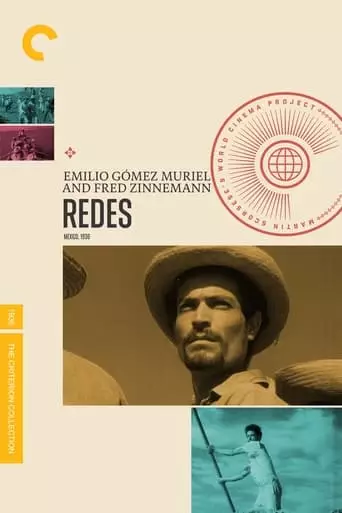
A Mexican fisherman, whose son has died because he could not afford necessary medical care out of his meagre wages, becomes aware of how badly exploited he and his many […]
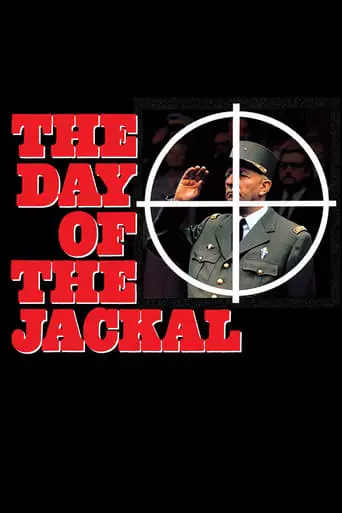
An international assassin known as ‘The Jackal’ is employed by disgruntled French generals to kill President Charles de Gaulle, with a dedicated gendarme on the assassin’s trail.

In 1941 Hawaii, a private is cruelly punished for not boxing on his unit’s team, while his captain’s wife and second in command are falling in love.
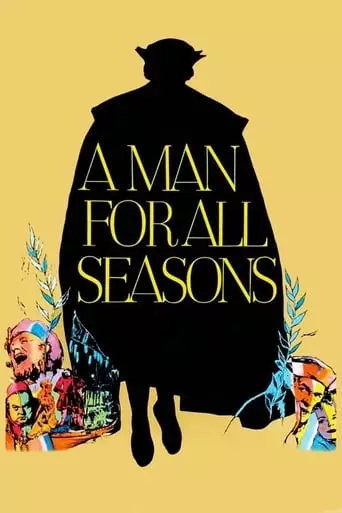
A depiction of the conflict between King Henry VIII of England and his Lord Chancellor, Sir Thomas More, who refuses to swear the Oath of Supremacy declaring Henry Supreme Head […]
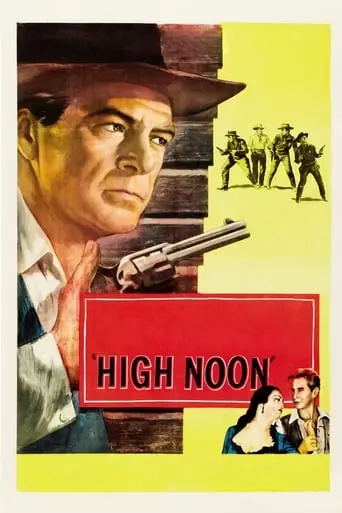
Will Kane, the sheriff of a small town in New Mexico, learns a notorious outlaw he put in jail has been freed, and will be arriving on the noon train. […]
Fred Zinnemann: A Master of Authenticity and Human Drama
Fred Zinnemann was one of Hollywood’s most respected directors, known for his meticulous craftsmanship, diverse storytelling, and dedication to realism. Over a career spanning five decades, Zinnemann delivered films that tackled moral dilemmas, explored human resilience, and blended compelling drama with cinematic artistry. His works, ranging from Westerns to historical epics, earned widespread acclaim and numerous accolades, cementing his legacy as a director who elevated the art of filmmaking.
Early Life and Entry into Film
Born on April 29, 1907, in Vienna, Austria-Hungary (modern-day Austria), Zinnemann grew up in a cultured environment. Initially aspiring to a career in law, he developed a passion for cinema during his university years. After studying at the École Technique de Photographie et de Cinématographie in Paris, he gained practical experience in Germany’s burgeoning film industry, working as an assistant cameraman on The Blue Angel (1930).
Fleeing the rise of Nazism, Zinnemann emigrated to the United States, where he found work in Hollywood as a short-film director. His 1938 short, That Mothers Might Live, won an Academy Award, opening doors to feature filmmaking.
Directorial Breakthrough: High Noon (1952)
Though Zinnemann had established himself with earlier films like The Search (1948), it was High Noon that catapulted him to international fame.
Plot: A tense Western about a town marshal (Gary Cooper) standing alone against a group of vengeful outlaws.
Themes: The film’s exploration of moral courage and civic responsibility resonated deeply, particularly during the era of McCarthyism.
Awards: High Noon won four Academy Awards, including Best Actor for Cooper, and remains a landmark in the Western genre.
Diverse and Acclaimed Filmography
Zinnemann’s versatility as a filmmaker is evident in the wide range of genres and themes he tackled. His films consistently showcased a commitment to realism, strong performances, and ethical complexity.
From Here to Eternity (1953):
A sweeping drama set on a Hawaiian military base in the days leading up to the attack on Pearl Harbor.
Cast: Burt Lancaster, Montgomery Clift, Deborah Kerr, and Frank Sinatra, whose career was revitalized by his Oscar-winning performance.
Accolades: The film won eight Academy Awards, including Best Picture and Best Director, solidifying Zinnemann’s reputation as a master storyteller.
The Nun’s Story (1959):
A powerful drama starring Audrey Hepburn as a young woman torn between her religious vocation and her personal desires.
Themes: Explored faith, sacrifice, and inner conflict with sensitivity and depth.
Reception: The film was a critical and commercial success, earning eight Oscar nominations.
A Man for All Seasons (1966):
A historical drama about Sir Thomas More (Paul Scofield) and his principled stand against King Henry VIII’s break with the Catholic Church.
Legacy: Praised for its intelligent script and nuanced performances, the film won six Academy Awards, including Best Picture and Best Director.
The Day of the Jackal (1973):
A taut political thriller about an assassin hired to kill French President Charles de Gaulle.
Significance: Known for its meticulous attention to detail and suspenseful narrative, it remains a classic of the genre.
Recurring Themes and Style
Zinnemann’s films are united by a focus on personal and moral integrity. Recurring elements in his work include:
Moral Dilemmas: Characters often face ethical challenges that test their principles, such as Marshal Will Kane in High Noon or Sir Thomas More in A Man for All Seasons.
Human Resilience: His protagonists frequently endure profound struggles, whether emotional, physical, or spiritual.
Realism: Zinnemann’s attention to detail and commitment to authenticity often involved extensive research and location shooting.
Strong Performances: He was known for eliciting career-defining performances from actors, including Gary Cooper, Audrey Hepburn, and Montgomery Clift.
Awards and Legacy
Over his career, Zinnemann received numerous accolades:
Academy Awards: Four wins, including Best Director for From Here to Eternity and A Man for All Seasons.
Cultural Impact: His films remain benchmarks in their respective genres, widely studied for their narrative and technical brilliance.
Respected Craftsman: Zinnemann was regarded as a director who combined artistic ambition with accessibility, making films that appealed to both critics and audiences.
Later Years and Final Work
Zinnemann’s later films, such as Julia (1977), starring Jane Fonda and Vanessa Redgrave, continued to earn acclaim. However, by the 1980s, the director began to withdraw from filmmaking, frustrated by the changing dynamics of Hollywood.
His final film, Five Days One Summer (1982), marked a quieter close to a remarkable career.
Conclusion
Fred Zinnemann’s films stand as a testament to the enduring power of cinema to provoke thought, inspire empathy, and illuminate the human condition. Whether chronicling the tension of a lone marshal, the heartbreak of a soldier’s love, or the unwavering integrity of a historical figure, Zinnemann captured the struggles and triumphs of the human spirit with unmatched authenticity. His legacy continues to influence filmmakers and audiences, ensuring his place among the greatest directors in cinema history.